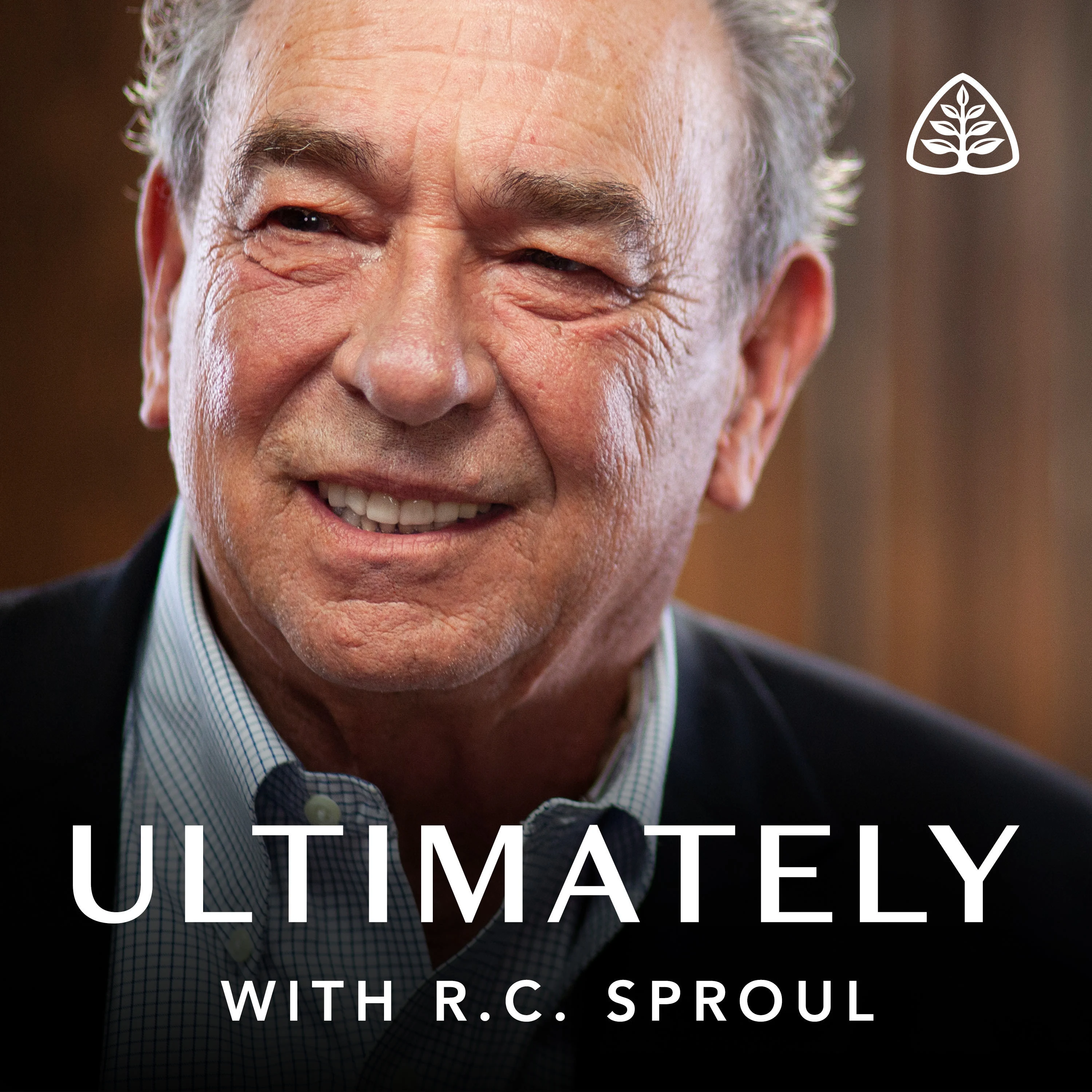God, Not Man, Is Ultimate

One of the greatest competitors to the Christian faith is the ideology of humanism. Today, R.C. Sproul shows why only one of these worldviews can finally be true.
Historically, probably the movement that has been most competitive of the Christian faith has not been other world religions as such. It’s not been secularism. The basic movement, in my opinion, that has been most destructive and most competitive with Christianity is, generally and broadly stated, the movement of humanism.
The reason why it’s been so destructive is that humanism has many common concerns with the Christian faith. The Christian faith exalts certain virtues such as honesty and integrity and justice and industry and so does the humanist. The humanist seeks, above all else, the welfare of human beings and Christianity is profoundly concerned for the welfare of human beings. So, we can see how there are many points at which humanism and Christianity dovetail and are in profound agreement, at least superficially.
But when the question of ultimates is raised, then we see the radical conflict that is implied in the differences between the Christian and the humanist. For the humanist, man is ultimate. He is the measure of all things. He is the reason for creation. He is the reason for our efforts and our energies and our labor. Whereas for the Christian, man is not ultimate, but derived, dependent, contingent, finite, liable to judgment and evaluation from One above and beyond his own sphere of activity. In a word, for us, God is ultimate, not man.
Recent Episodes
We Must Obey God Rather than Men
February 18, 2026|Ethics
Trust God’s Promises, Not Your Passions
February 16, 2026|Life Issues
Why Humanism Fails
February 13, 2026|Opposing Worldviews
God Needs Nothing
February 11, 2026|The Nature of God
Since God Is Sovereign, Why Evangelize?
February 9, 2026|Evangelism and Missions
Perseverance of the Saints
February 6, 2026|Perseverance of the Saints
